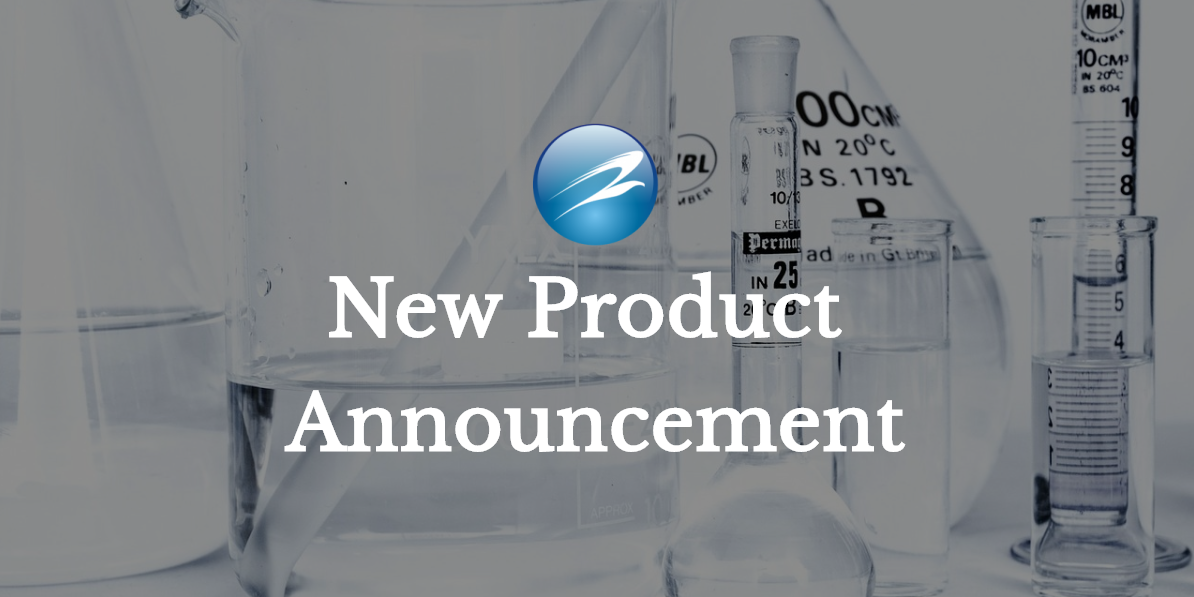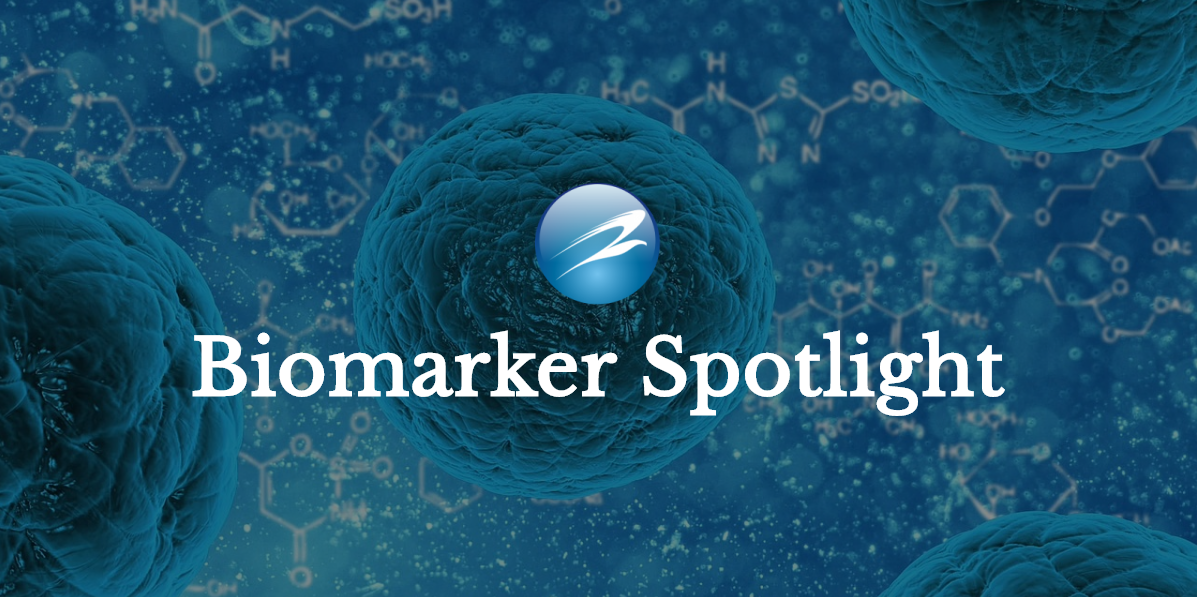
Eagle Biosciences Announces Agreement with
Genetic Analysis AS for Distribution in North America
Eagle Biosciences, Inc., a North American distributor of assay kits and antibodies, recently announced a distribution agreement with Genetic Analysis AS, a Norwegian molecular diagnostics company. The focus of the collaboration is on the unique, patented GA-map® Dysbiosis Test which detects and characterizes imbalance in the gut microbiota (dysbiosis) in human fecal samples. Additionally, Genetic Analysis has developed a fecal COVID-19 test that is performed on the same GA-map platform and is an important research tool in the analysis of an individual’s COVID-19 status.
Genetic Analysis (GA) is a molecular diagnostics company with a core focus of providing innovative tools for studying the human microbiome. GA has developed and launched the GA-map platform for routine gut microbiome research and analysis. The first test on this groundbreaking platform is the GA-map Dysbiosis Test. The Dysbiosis Test is the first documented test to identify and characterize the gut microbiota composition. The GA-map Test platform is not based on sequencing but is a targeted probe-based assay. The precise and targeted approach makes it an easy plug and play platform as long as the targets are identified. GA’s vision is to become the company that standardizes gut microbiota testing worldwide.
“We are looking forward to working with Genetic Analysis and the opportunity to bring their products to labs in the US and Canada.”, states Eagle Biosciences President Dan Keefe. “Genetic Analysis has been a pioneer in the microbiota industry and has over ten years of experience in the field. We are especially excited about their GA-map® Dysbiosis Test because it is the first standardized, off-the-shelf biome mapping kit and can be run in any PCR lab.”
If you have any questions about the GA-map® test platform or any of Eagle Biosciences products, please contact us here.
About Genetic Analysis AS
Genetic Analysis AS (GA) is a science-based diagnostic company and pioneer in the human microbiome field with more than 10 years of expertise in research and product development. The unique GA-map® platform is based on a pre-targeted multiplex approach specialized for simultaneous analysis of a large number of bacteria in one reaction. The test results are generated by utilizing the clinically validated cutting edge GA-map® software algorithm. This enables immediate results without the need of further bioinformatics work. GA’s mission is to become the leading company for standardized gut microbiota testing worldwide, and GA is committed to help unlocking and restoring the human microbiome through its state-of-the-art technology. GA holds 22 highly qualified employees with relevant scientific backgrounds and with competence in bioinformatics, molecular biology, and bioengineering.
For more information about Genetic Analysis, click here.
About Eagle Biosciences, Inc.
Since 2010, Eagle Biosciences has been providing the highest quality and best value immunoassays, antibodies, and proteins available on the market. There are many suppliers of ELISAs and other assays and hundreds of thousands of products to choose from, but EagleBio only offers products that deliver the maximum level of performance and provide reliable and trusted results.
For more information about Eagle Biosciences, Inc., click here.





